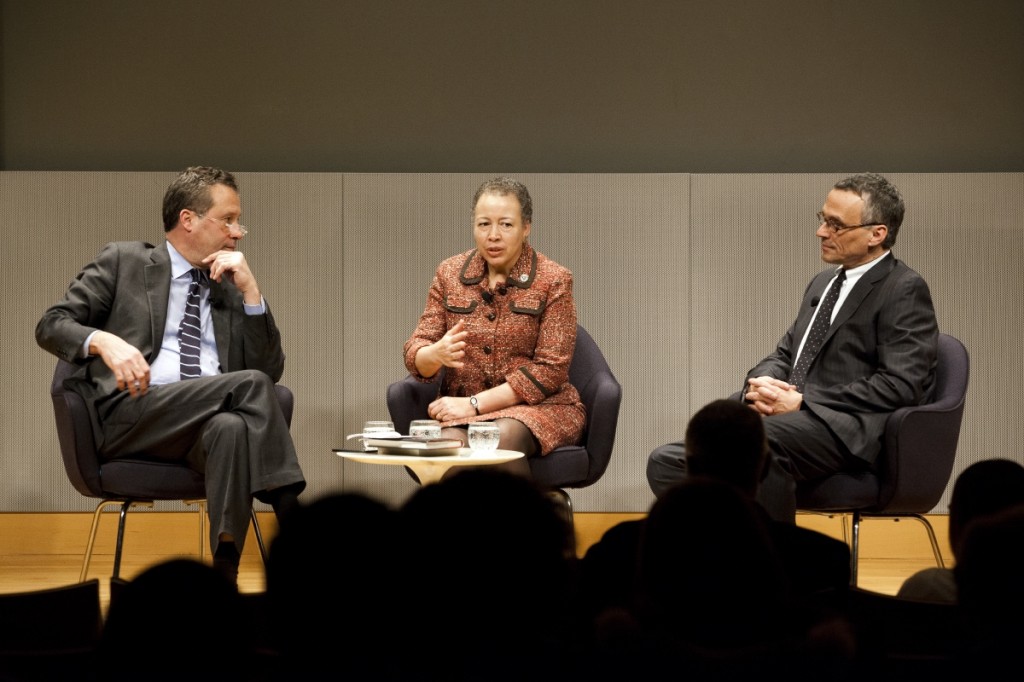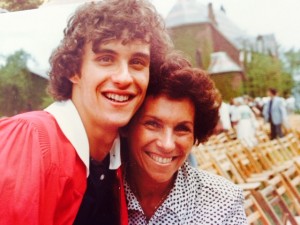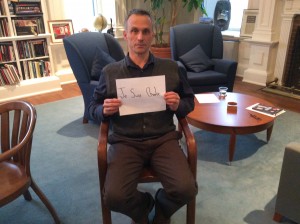It’s that time of year again. The university is soliciting nominations for Wesleyan’s Binswanger Award for teaching excellence. Here’s a little history:
The Binswanger Prize for Excellence in Teaching was inaugurated in 1993 as an institutional recognition of outstanding faculty members. One to three Binswanger Prizes are presented each year and are made possible by the generosity of the Binswanger family that counts numerous Wesleyan alumni, alumnae and parents in its ranks. The standards and criteria for the annual prizes shall be excellence in teaching, as exemplified by commitment to the classroom and student accomplishment, intellectual demands placed on students, lucidity, and passion.
Recommendations may be based on any of the types of teaching that are done at the University including, but not limited to, teaching in lecture courses, seminars, laboratories, creative and performance-based courses, research tutorials and other individual and group tutorials at the undergraduate and graduate level.
Juniors, seniors, graduate students and alumni from the last decade are eligible to nominate up to three professors. Nominations are made through Wesconnect here. GLS students can use their e-portfolio to make nominations. Professors who have taught at Wesleyan for at least a decade are eligible.
You can find out more about the Binswanger Prize, as well as watch or listen to interviews with some previous winners here.
Speaking of great teachers, I was so pleased to see my teacher Victor Gourevitch, William Griffin Professor of Philosophy Emeritus, and his wife Jacqueline Gourevitch in the audience for a conversation about liberal education in New York recently. I studied philosophy with Victor, and we edited a book together with the letters of Leo Strauss and Alexandre Kojève a few years after I graduated (On Tyranny). Jacqueline taught painting at Wesleyan for years, and my office benefits from having one of her extraordinary cloud paintings in it.
My undergraduate advisor, Henry Abelove, Wilbur Fisk Osborne Professor of English, Emeritus, has kindly agreed to come back to campus next week to introduce my talk on Tuesday, February 3 at 7 p.m. in Memorial Chapel. I am calling the talk “How to Destroy Higher Education,” and it is open to the public. Henry is a truly remarkable teacher (recognized with a Binswanger Prize early on), and it will be so lovely to have him back on campus. I’m hoping to see lots of current students, alumni and friends of the university there.





